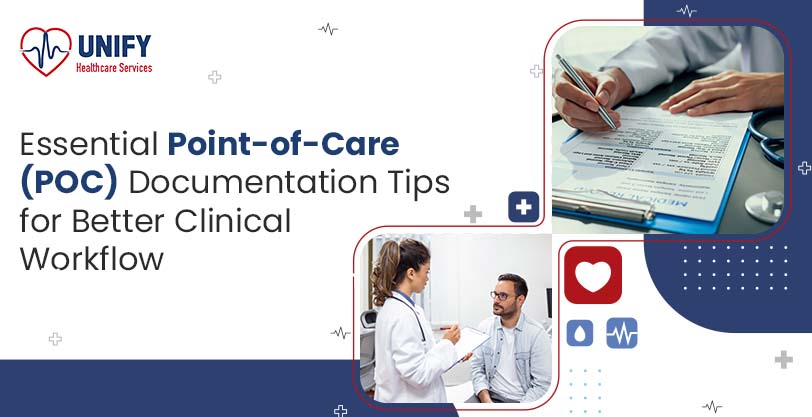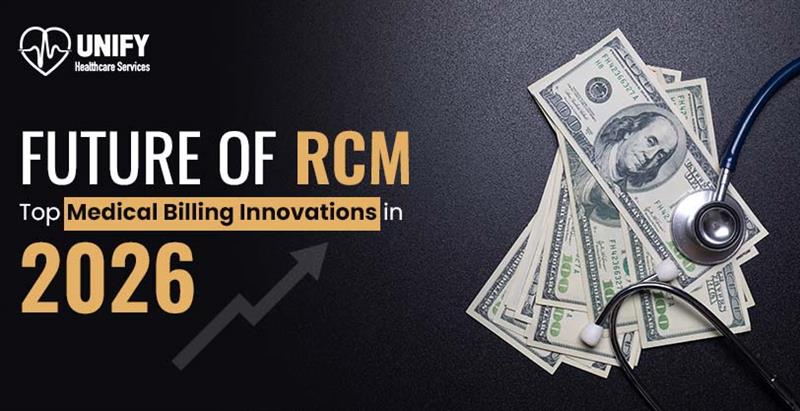Medical billing has become one of the most strategic and complex processes in the healthcare industry. It is like a bridge that connects healthcare providers to a successful practice and better operational workflow. For many medical professionals, their focus has always been more on diagnosing and treating illnesses.
Yet, behind every life-saving procedure lies detailed documentation, coding, and claims processing to ensure providers are properly reimbursed for the service they provide. This entire process also comes with its own difficulties, one that can silently choke your revenue cycle.
Why is Medical Billing and Medical Billing Compliance Challenging?
Medical billing is uniquely complex because it is the combination of proper documentation, accurate coding, patient care, insurance verification, and compliance with regulations. Each claim requires precision and oversight, no matter how small, which can cause denial.
Medical billing compliance, on the other hand, ensures that healthcare providers, billing professionals, and organizations follow the right industry standards when submitting claims to insurance companies and maintaining the integrity of the healthcare system.
It focuses on ensuring that every billing process complies with all ethical standards, industrial laws, and insurance guidelines.
The governing bodies that are behind medical billing compliance policy include the following:
- Federal laws, such as the Health Insurance Portability and Accountability Act (HIPAA) and the Affordable Care Act (ACA)
- State laws
- Medicare and Medicaid guidelines
- Insurance company policies
When healthcare providers fail to adhere to the regulations, they face consequences such as:
- Fines, penalties, imprisonment, or the loss of licensure
- Lost revenue
- Civil lawsuits
- Denials of Medicare, Medicaid, or private insurance claims
- Loss of patient trust and negative reputation
How Healthcare Providers Can Stay Compliant in Medical Billing
With the complexities in medical billing, providers can still find a way to stay abreast of all relevant laws concerning coding and billing. Implementing the following practices will help ensure compliance and streamline administrative processes.
Have a Medical Billing Compliance Program
Healthcare providers should have a specific program that shows the details of all compliance policies that must be followed to prevent legal or ethical violations.
This program should have the following components:
- Compliance training for administrative staff and the billing team at all levels.
- Monitoring and auditing of billing and coding processes.
- Quality assessments of both patient and practice documentation
- Transparent processes for every medical billing.
Regular Billing and Coding Audits
One of the best ways providers can constantly ensure compliance is through billing and coding audits. With this strategy, you are able to identify errors in every process before regulatory bodies and insurance companies discover them.
When auditing, here are some of the important questions that can make it accurate.
- Are the accurate codes used to represent the service and supply?
- Are the claims filled out completely and without errors?
- Is any required paperwork or document missing?
- Was the billing done within the given time frame?
- Do the claims follow all the insurance company's state and federal rules?
- Did your billing team follow up on every denied claim promptly?
If your healthcare practice is with or without a trained or qualified medical billing audit team, it always hires external auditors to ensure accuracy and impartiality.
Follow Up with Claim Denial
According to many reports, the rate of claim denial has gone up to more than 10% in the past five years. Claims also remain unpaid because providers do not promptly follow up on claim denials, resulting in millions of dollars in lost revenue. Before a denied claim can be recovered, the appeal must be submitted within the required time frame outlined in the contract with the insurance company.
Reviews Your Contracts with Healthcare Payers
Most insurance companies' contracts are filled with complex legal and financial terms that can be difficult to comprehend. When providers do not fully understand the terms and conditions, it gives space for billing mistakes. This can be because of using the wrong codes, misinterpretation of payment terms, or missing important clauses that affect reimbursement.
By regularly reviewing payer contracts, it identifies unclear or unfavorable agreements, recognizes changes in insurance policies, and ensures the insurance company is honoring the contract.
Outsource to Medical Billing Services
Not every healthcare practice has the expertise it takes to understand the constant change in billing compliance regulations. However, they can take advantage of the knowledge and experience of medical billing services compliance to reduce their risk of not following the required regulations. They stay on top of every industrial update and use the right software that supports HIPAA and other laws.
Important Step to Ensure Compliance in Medical Billing
Complete Documentation
Complete documentation is a very important step in billing compliance. There must be detailed records of patient information and all the treatments that need to be billed. Inaccuracies in the documents can result in the claim being denied and a potential revenue loss.
Auditing Constantly
For practice to adhere to billing compliance, it requires the implementation of regular internal and external audits. These help to identify and correct coding inaccuracies and other compliance issues to avoid penalties and protect the practice’s reputation.
Regular Compliance Training
Ensuring all your billing staff are fully aware and well-trained in billing compliance is one of the best ways to follow every regulation. This training should cover the billing process, such as knowing the correct code for every service, proper documentation standards, and understanding relevant regulations.
Maintaining Ethical and Legal Standards
Maintaining the highest ethical and legal standards, such as complying with the Health Insurance Portability and Accountability Act (HIPAA), to protect patient data. It is also important to avoid practices like upcoding, unbundling, and duplicate billing.
Comply with Insurance Guidelines
Every insurance payer has unique guidelines for accurate claims submissions. Adhering to these requirements is crucial to being reimbursed properly.
Investing in the Right Tools
Investing in tools such as Electronic Health Records (EHRs) and practice management systems makes the billing process more seamless while reducing the chances of errors and maintaining compliance.
Update on Changes in Regulation
Billing codes and regulations are constantly reviewed and updated, making it a significant compliance challenge. Staying informed about these changes through continuous education, industry updates, and regulatory alerts ensures you stay compliant.
Accurate Coding in Billing
Using the most current versions of medical codes to represent every service is essential for compliance. Mistakes in coding can cause overbilling or underbilling, leading to significant penalties.
The Final Thought
Getting paid for the services you provide should be the reality of every healthcare provider, and not struggling to comply with billing regulations. By using the right strategies and outsourcing their billing experts in the industry, providers can eliminate claim denials and divert their energy into providing the best treatment for their patients.
Unify RCM makes the complexities of medical billing easier by serving as the backbone of your billing operations, ensuring every step is done in compliance with relevant guidelines. From insurance eligibility verification to prior authorization and claim submission, our team of experts stays ahead of payer-specific rules and audit requirements, minimizing denials.
Contact us today for a custom medical billing solution that not only keeps your practice away from penalties but also improves your revenue cycle.








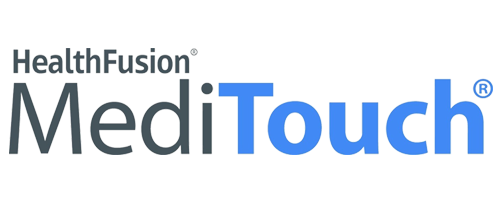



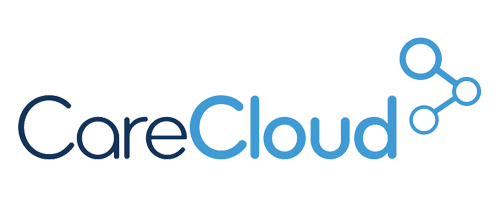

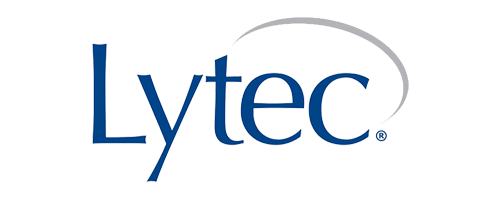
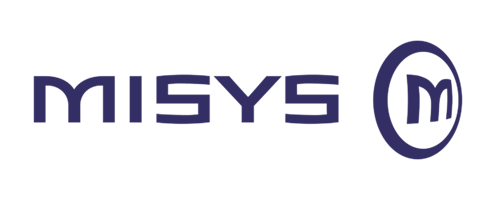
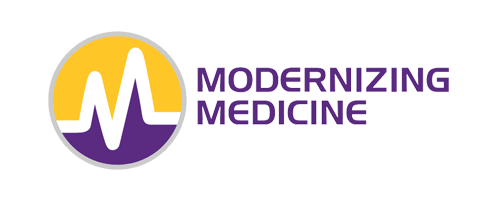



 1.jpg)

